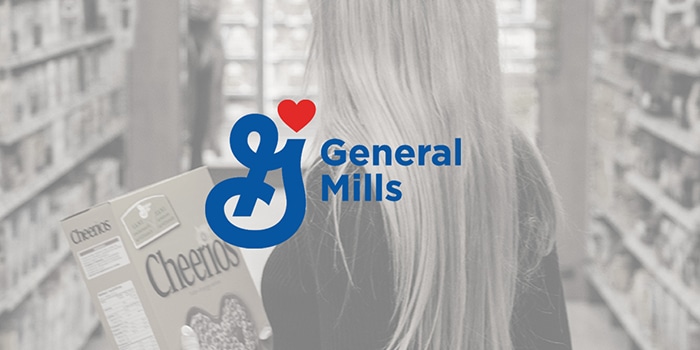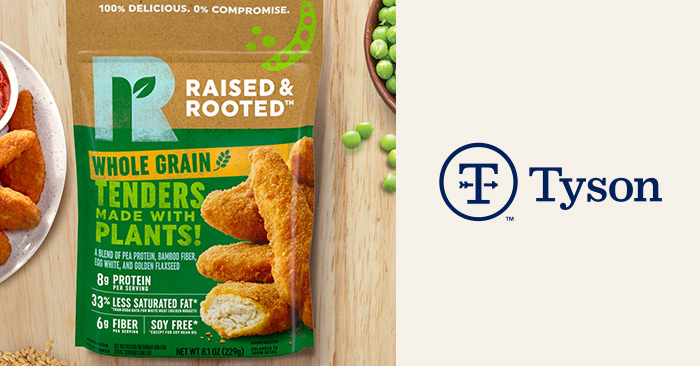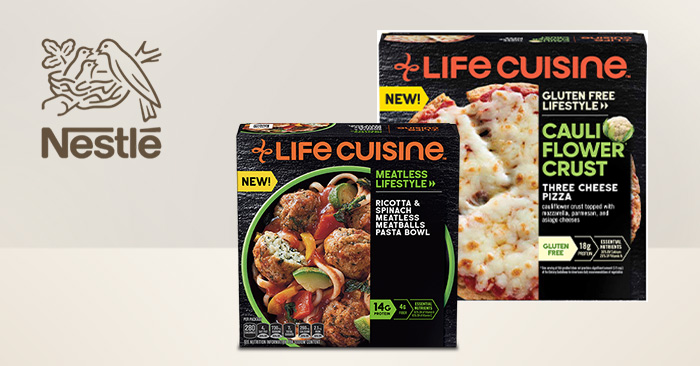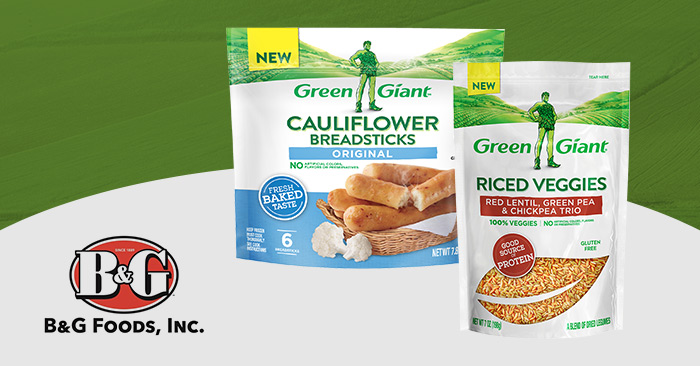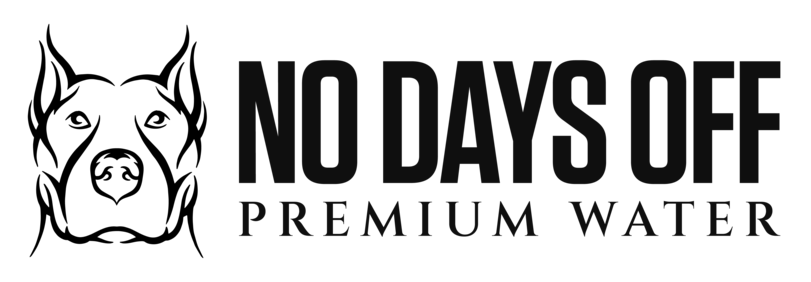Big CPGs Talk Innovation, Distribution
Financial services firm Barclays’ annual Global Consumer Staples Conference was held online from Wednesday to Friday last week, giving big CPG producers a chance to provide business updates and insights. During the event, company executives discussed plans to evolve their respective portfolios and channel strategies in the coming months while reflecting on recent hurdles experienced during the pandemic.
General Mills: Better Bars, Yogurt
Aiming to reverse lags in the bar and yogurt segments, General Mills revealed plans to expand its product offerings in both categories. During a presentation Thursday, General Mills discussed plans for new innovations, including low and no-sugar products. The bar category has been down since the pandemic started, said Jonathon Nudi, group president of North America Retail. At the same time, the yogurt business has also flattened during the fourth quarter after having declined in previous quarters.
As part of its strategy to refocus those segments and bring consumers back to the set, the company today announced the launch of its first keto-friendly brand, Ratio, a line of crunchy bars and yogurts each containing two grams of net carbs and one gram of sugar per serving. Ratio yogurt is available in Strawberry, Coconut, Vanilla, Mango and Black Cherry flavors while the seed and nut-based crunchy bars are available in Lemon Almond and Toasted Almond. The products are sold in select retailers nationally, including Walmart.
Earlier this summer, the company also launched Nature Valley’s Packed bar, made with nut butters, nuts, seeds and fruit to offer “sustained energy.” The company also grew distribution of its egg white-based EPIC Performance Bars and GoodBelly Probiotic Bars into the convenience channel.
“Packed is really about a more dense bar that has calories and energy that will stick with you a little bit longer, and that’s off to a nice start,” Nudi said about the brand.
Nudi noted that the company is looking to target new health and wellness segments, such as products for diabetic consumers. According to General Mills, nearly 100 million people in the U.S. are diabetic or pre-diabetic — yet there is a lack of convenient snacks targeting the demographic.
“We’re looking at new consumer problems to solve,” Nudi said. “[That’s] a huge portion of the population, and they don’t have great solutions from a food standpoint. It’s an area that we’re digging into and feel really bullish on.”
Tyson: Raised & Rooted Roars Further into Retail
While also managing supply chain issues during the pandemic, meat producer Tyson is forging ahead with Raised & Rooted, a new brand which offers both plant-based meat alternatives as well as items containing meat blended with vegetables and legumes. A year after its launch, Tyson president Samuel Dean Banks said Raised & Rooted’s velocities are “really keeping up” and even outpacing competitors in some cases.
Raised & Rooted products, which are not vegan, include pea protein chicken nuggets and whole grain breaded tenders in addition to blended beef patties. The line is sold on Amazon Fresh and in Walmart, and the company has plans to ramp up distribution, aiming to be in 10,000 stores by the end of 2020. Looking at the data, Banks said, the line appears to be merging well with the company’s core business rather than cannibalizing existing Tyson shoppers.
“We couldn’t be more thrilled with the early combination of our classic culinary expertise in this new substrate,” he said. “We actually think it’s quite complementary to the broader portfolio.”
Looking ahead, alternative proteins are a major priority: according to Banks, they represent “another leg to the stool,” and the company is “investing heavily” in the space.
Nestle: Frozen Meals Forge Forward
Speaking at the Barclays conference, Nestlé USA chairman and CEO Steven Presley said that the company still sees room for “reimagining and reinvigorating” its food and beverage brands based on consumer trends.
“We’re absolutely just being relentless around this pursuit of what does a consumer need, how do we get it quickly and how do we bring it to our big brands with speed?” he said.
In particular, Nestle has aimed to revitalize its frozen meal business for a new generation of shoppers. Citing sales struggles for Lean Cuisine, in May the company launched sub-brand Life Cuisine, featuring lifestyle-focused meals such as low-carb, meatless, gluten-free and high-protein bowls, pizzas and pastas. Presley said the brand shows “really good early signs” at helping Lean Cuisine regain market share.
“For us it is a structurally attractive space,” he said. “Consumers actually have come back to the category in a big way, pre-Covid, through Covid and we think post-Covid.”
Additionally, the company’s pre-pandemic household penetration has since doubled to around 6-8%. The U.S. coffee, creamer and baking divisions all experienced triple-digit growth, he added, along with a 300% increase in ecommerce during the pandemic.
B&G Foods: Green Giant Thrives, Innovation Shifts
According to president and CEO Kenneth Romanzi, CPG producer B&G Foods is “blessed” with the “right brands,” several of which have grown sales by 50% over the summer. Still, he said, only half of that growth stemmed from new shoppers, and the company is seeking to attract more.
B&G owns 50 brands across product categories including breakfast items, spices, canned and frozen vegetables and baking. In particular, vegetable company Green Giant saw its highest share ever during the last 12 weeks. Such brands are benefitting from consumers’ new eating habits, Romanzi noted.
“Those are the places that are going to continue to benefit as long as people are going to be working home a little bit more than the past,” Romanzi said. “That means they’ll be cooking and eating more at home.”
As consumption habits surged, however, the company’s innovation plans were delayed; products set to launch in spring 2020 will launch this fall and into spring 2021, while products slated to launch in fall will shift to 2021. However, Romanzi said the delays were necessary as the company’s manufacturing capacity was already constrained.
“We certainly didn’t need the volume from that innovation,” he said. “Our customers received our innovation very well. They’re still very excited about it. They’re just moving their resets for when they can handle it.”
